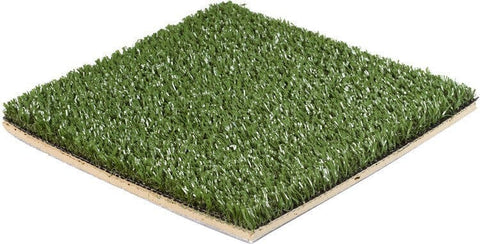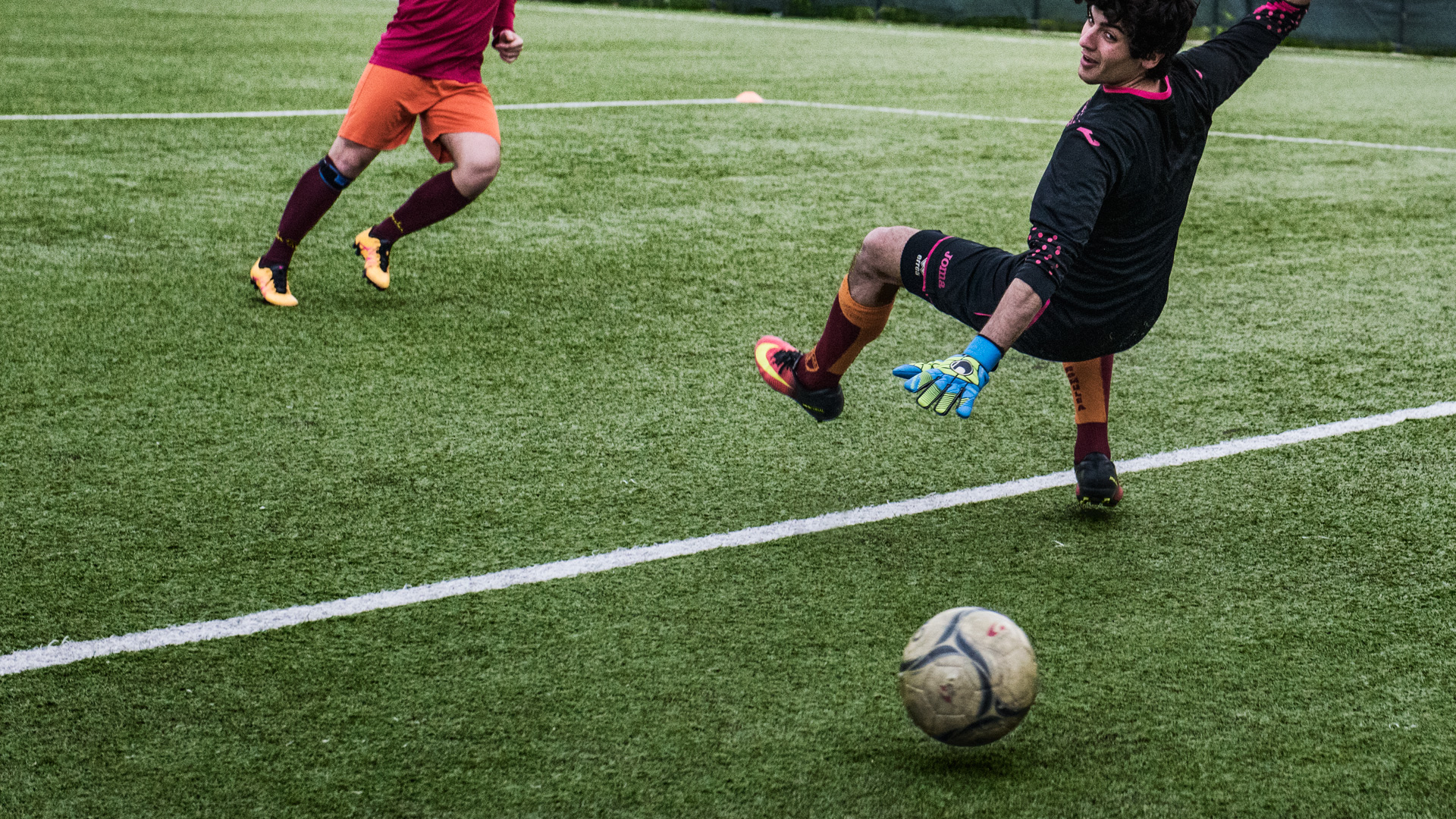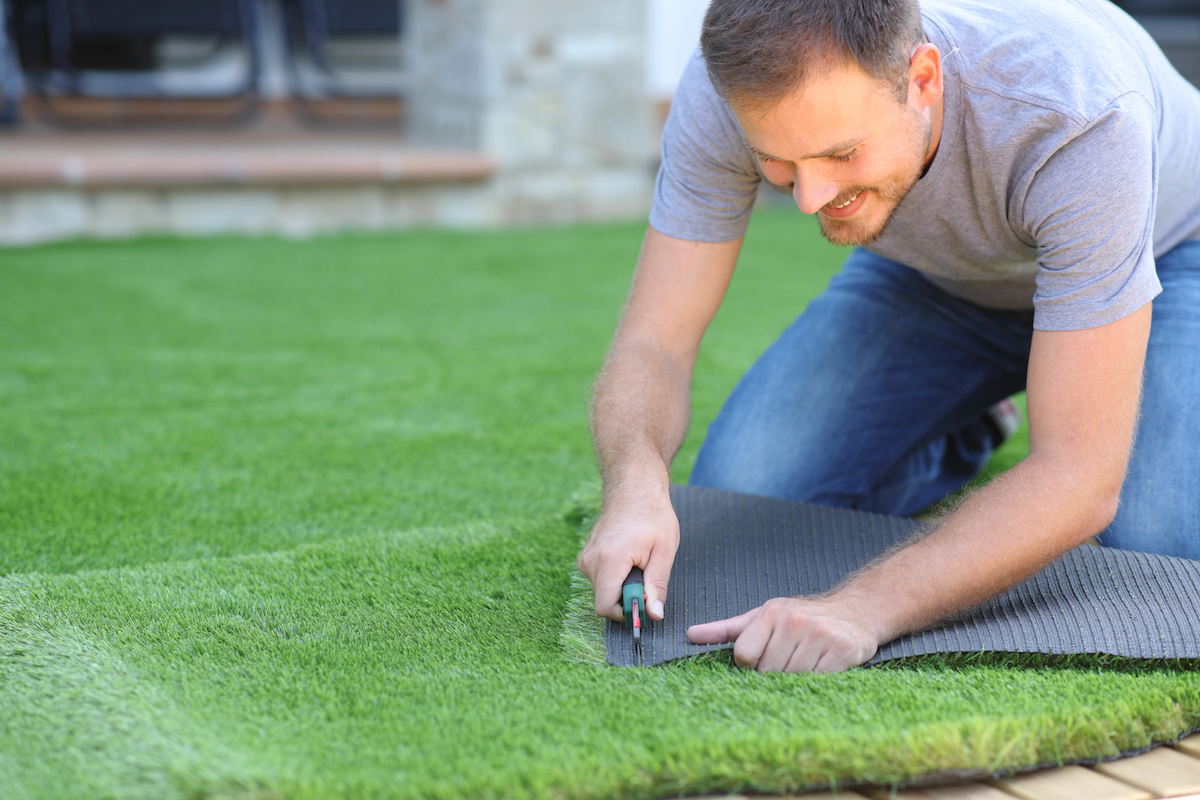Select Reputable Artificial Turf Companies Phoenix for Durable and Natural-Looking Grass
Select Reputable Artificial Turf Companies Phoenix for Durable and Natural-Looking Grass
Blog Article
Look Into the Environmental Advantages of Opting for Synthetic Grass Solutions
The adoption of man-made lawn services offers an engaging possibility to resolve pressing ecological difficulties. By considerably reducing water usage and decreasing the application of dangerous chemicals, these options not only promote lasting landscape design yet likewise protect neighborhood ecological communities. Furthermore, the lower carbon footprint associated with reduced upkeep activities adds to an extra lasting strategy to land management. Nonetheless, the ramifications of these benefits extend beyond mere conservation initiatives, raising inquiries about their long-lasting effect on environment conservation and overall eco-friendly balance. Exploring these dimensions reveals an intricate interplay worth thinking about.
Water Conservation Perks
One of the most significant benefits of fabricated turf is its capability to conserve water. Typical grass lawns call for substantial irrigation, especially in locations susceptible to dry spell or water restrictions. On the other hand, synthetic grass does not need watering, dramatically reducing the total demand for water resources. This feature is particularly helpful in deserts where water deficiency is a pushing problem.
By eliminating the demand for routine watering, man-made turf adds to lasting landscape practices and helps minimize the environmental effect of excessive water usage. The conservation of water prolongs to the reduction of runoff, which can lead to dirt erosion and river air pollution.
Furthermore, the setup of synthetic grass permits districts and house owners to designate water resources much more efficiently, concentrating on vital uses such as drinking water and farming. The shift in the direction of synthetic grass not only advertises accountable water usage however also straightens with wider environmental objectives focused on maintaining all-natural resources.
As communities progressively prioritize sustainability, the water conservation benefits of synthetic grass present a compelling situation for its fostering in residential and industrial landscape design tasks.
Lowered Chemical Use
The shift to synthetic grass significantly reduces the dependence on chemical therapies commonly utilized in natural lawn maintenance. Conventional grass management commonly involves the application of plant foods, chemicals, and herbicides to promote growth and control insects. These chemicals can pose threats to human health and wellness, regional wild animals, and the environment, adding to dirt and water contamination.
In comparison, man-made grass gets rid of the need for these harmful substances. By decreasing the launch of synthetic compounds into the ecological community, synthetic grass promotes healthier soil and water systems.
Moreover, the absence of chemical overflow connected with fabricated lawn installations aids secure local waterways from pollution, supporting aquatic life and preserving biodiversity. Artificial turf companies phoenix. As communities increasingly prioritize sustainable techniques, choosing man-made lawn provides a feasible solution that straightens with environmental conservation goals. Via this shift, homeowner can appreciate lush environment-friendly rooms without compromising eco-friendly health and wellness, paving the way for an extra lasting future
Lower Carbon Impact

In addition, the installation of synthetic grass can lead to substantial water preservation. All-natural grass need significant quantities of water for watering, which not only includes in the carbon impact related to water extraction and therapy however likewise stress local water resources. In contrast, fabricated grass needs marginal upkeep, calling for no watering, thus considerably minimizing water use and its linked energy prices.
In addition, the longevity of synthetic grass adds to its lower carbon impact. With a life expectancy of approximately 15 years or even more, the demand for frequent replacements is diminished, resulting in less waste and lower energy usage in manufacturing and taking care of conventional lawn options. Generally, synthetic grass offers a sustainable option for ecologically conscious landscaping.
Environment Conservation
Environment preservation is a crucial consideration in the dispute over landscape design options, especially when comparing synthetic grass to natural lawn. Natural grass lawns typically require considerable maintenance, consisting of using plant foods, herbicides, and pesticides, which can detrimentally impact neighborhood ecosystems. These chemicals can seep right into the dirt and waterways, harming native vegetation and animals and interfering with local habitats.
On the other hand, synthetic grass presents an opportunity to minimize the eco-friendly footprint of landscape design. By choosing artificial grass, property Continue owners can lessen the interruption of natural habitats linked with traditional lawn care methods. Synthetic lawn eliminates the demand for unsafe chemicals, therefore shielding neighboring wildlife and keeping the integrity of surrounding environments. The setup of man-made lawn can lead to the conversion of previous yard locations right into even more biodiverse landscapes, such as pollinator gardens or native plant areas, which can sustain neighborhood wild animals.
Eventually, the shift to synthetic grass not only saves water and minimizes upkeep efforts yet also cultivates a more harmonious relationship between human tasks and the natural surroundings, advertising environment preservation in the process.
Long-Term Sustainability
Lasting sustainability is an important consider evaluating the benefits of fabricated lawn over conventional turf this article lawns. One of one of the most substantial advantages of fabricated turf is its durability; it can last up to 15-20 years with minimal maintenance, whereas natural turf calls for constant reseeding and substitute. This long life lowers the need for consistent sources, such as water, fertilizers, and pesticides, which are necessary for preserving a healthy and balanced grass lawn.
In addition, synthetic grass adds to a reduction in carbon discharges connected with yard care tools. Conventional yards typically call for gas-powered lawn mowers, trimmers, and blowers, every one of which add to air contamination. Arizona turf. On the other hand, artificial lawn removes the requirement for such equipment, promoting a cleaner atmosphere
Furthermore, the production of synthetic grass significantly utilizes recycled products, enhancing its sustainability profile. As suppliers embrace environment-friendly practices, the environmental impact of fabricated lawn remains to diminish.

Conclusion
The fostering of synthetic grass remedies provides significant environmental benefits, consisting of substantial water conservation, decreased dependence on harmful chemicals, and a lower carbon impact. In addition, synthetic grass help in preserving natural environments by reducing land disruption and promoting long-term sustainability via making use of long lasting products. Jointly, these factors highlight the capacity of synthetic grass to contribute favorably to ecological health and offer a practical choice to typical landscape design techniques in an increasingly resource-conscious globe.
In contrast, artificial grass does not need watering, substantially reducing the general demand for water resources. By minimizing the launch of artificial compounds into the ecosystem, artificial lawn advertises healthier soil and water visite site systems.
Furthermore, the installment of man-made grass can result in considerable water preservation. In contrast, man-made lawn requires minimal upkeep, calling for no watering, consequently substantially reducing water usage and its connected power prices.

Report this page